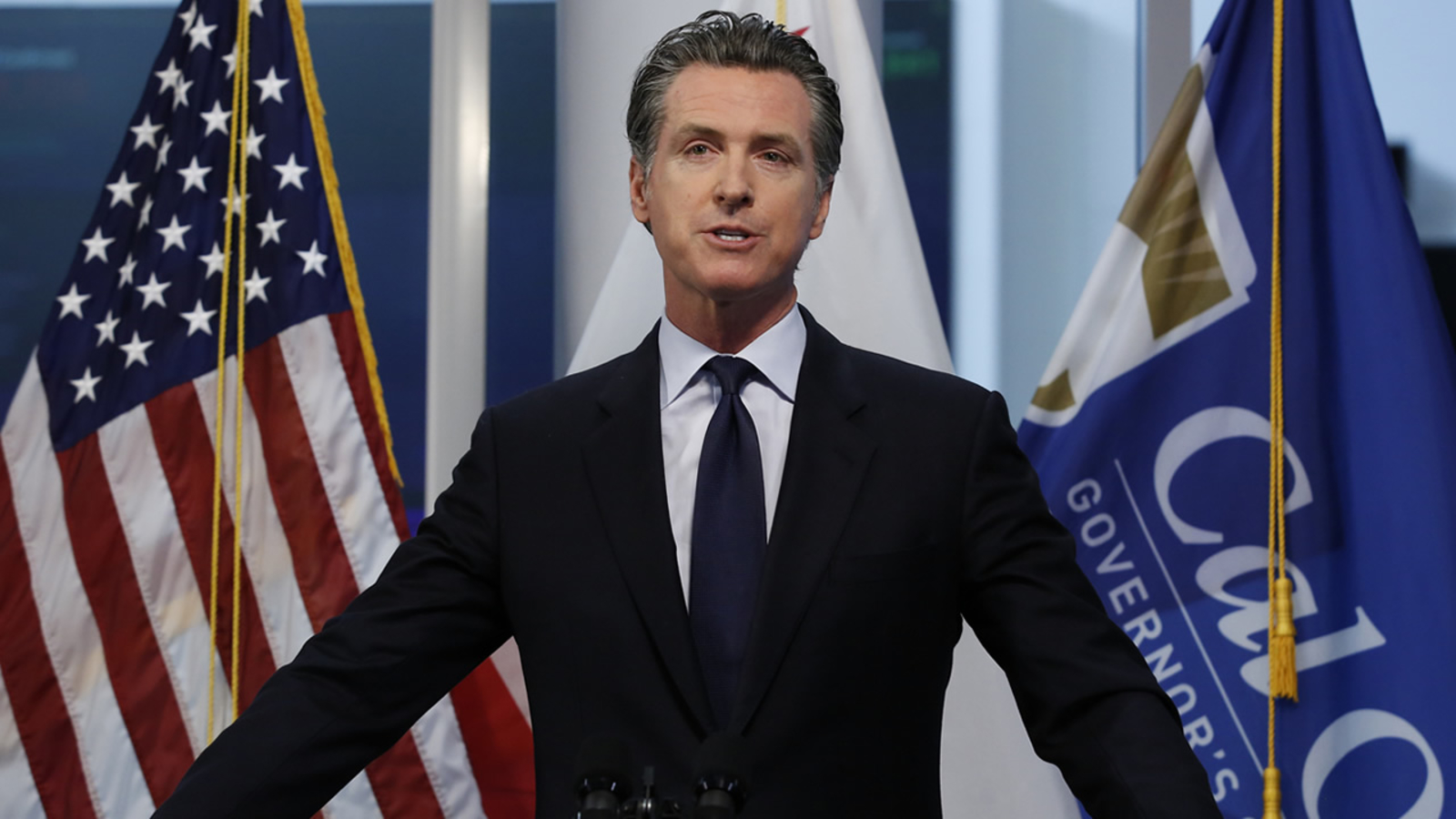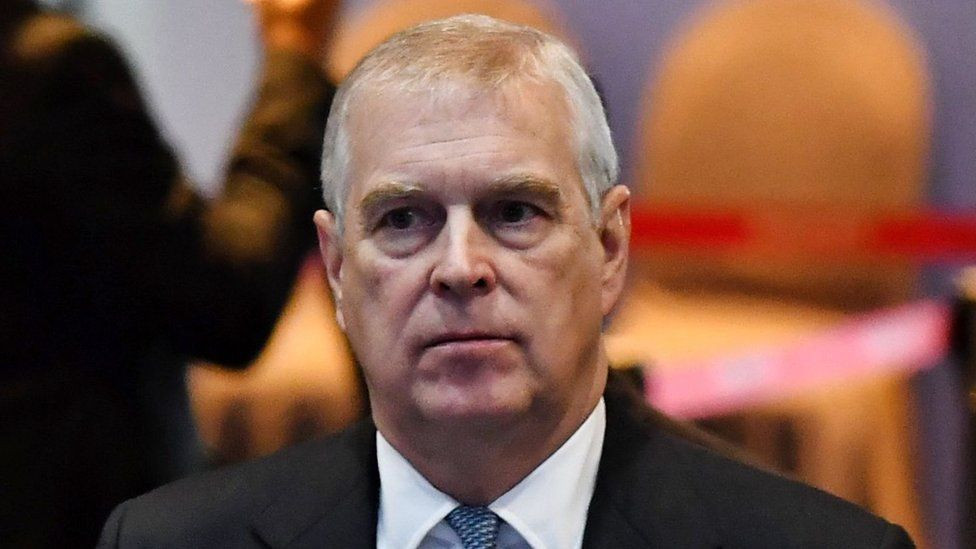A global deal to end tax havens is close to being inked as nations have backed a 15% rate.
Gatekeepers News reports that over 130 countries have agreed to set a minimum tax rate of 15 per cent as the governments of these nations look to end a race to the bottom on corporate taxation.
On Friday, nations agreed to a sweeping overhaul of international tax rules, with officials backing a 15 per cent global minimum tax and other changes aimed at cracking down on tax havens that have drained countries of much-needed revenue.
The Organisation for Economic Cooperation and Development (OECD), leading the negotiations, stated 136 countries and jurisdictions had signed on to the deal.
The organisation’s Secretary-General, Mathias Cormann, said in a statement, “Today’s agreement will make our international tax arrangements fairer and work better…We must now work swiftly and diligently to ensure the effective implementation of this major reform.”
The agreement is the culmination of years of fraught negotiations after President Biden revived them this year after he took office and renewed the United States’ commitment to multilateralism.
Meanwhile, Finance ministers have been racing to finalise the agreement, which they hope will reverse a decades-long race to the bottom of corporate tax rates that have encouraged companies to shift profits to low-tax jurisdictions, and that has deprived nations of money they need to build new infrastructure and combat global health crises.
Hungary, which sought sweeter terms, agreed to back the new tax on Friday, joining two other significant holdouts, Ireland and Estonia, ratified the deal on Thursday.
The United States earlier proposed an agreement to enact a 15 per cent minimum corporate tax rate. This has long looked for ways to minimise incentives for companies to shift profits abroad to lower their tax bills. As the Biden administration prepares to raise corporate tax rates in the US, getting a global minimum tax has become critical to prevent companies from simply shifting their headquarters overseas.
The deal goes beyond setting a global minimum tax as new rules for the digital era were also created. Under the agreement, technology giants like Amazon, Facebook, and other prominent international businesses will be required to pay taxes in countries where their goods or services are sold, even if they are not physically present there.
The accord would likely see the world’s largest corporations pay more taxes while spreading taxable revenue more evenly to countries where those businesses earn sales. Previously these organisations have primarily been taxed where companies have had a physical presence.
The agreement represents a significant diplomatic win for Treasury Secretary Janet L. Yellen, who has made the international tax negotiations a top priority during her first year in office.
In her remarks ahead of the announcement on Friday, Yellen said, “the international tax agreement will stop the four-decade-long race to the bottom on corporate taxation — where tax authorities offer lower tax rates to attract business, leading others to respond with lower rates.”
The agreement is, therefore, expected to be finalised next week in Washington by finance ministers of the Group of 20 largest economies, and national leaders are likely to sign off when they meet for a summit in Rome at the end of October.
Meanwhile, nations have set a goal of fully activating the agreement by 2023 because it will take time for them to change their tax laws and for international tax treaties to be updated.
However, getting that legislative approval is not guaranteed. For example, in the United States, Congress still needs to ratify any deal. To comply with the new global minimum tax requirements, the House and Senate will have to pass legislation raising the tax that American companies pay on foreign profits to 15 per cent, or higher, from 10.5 per cent.







